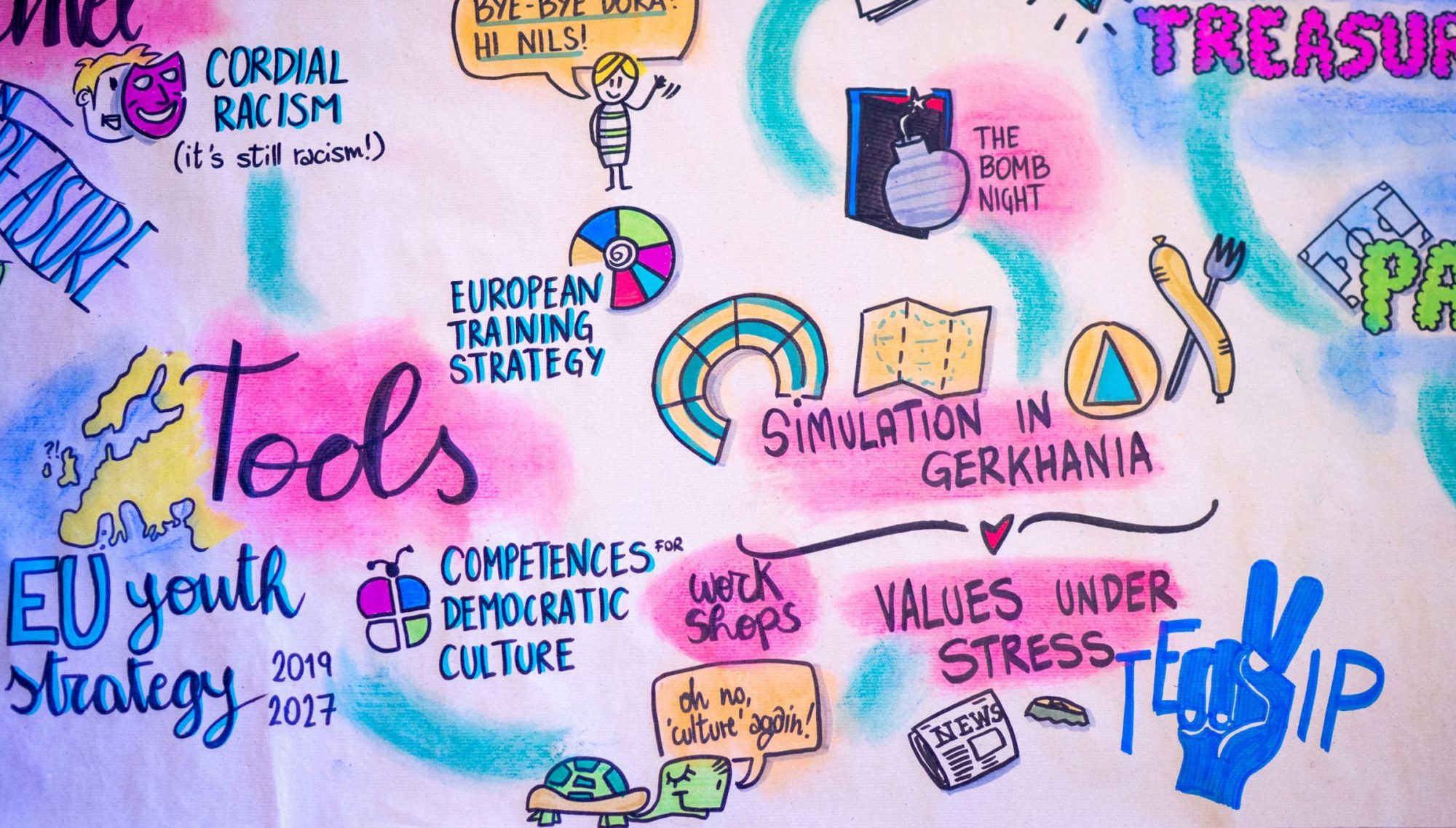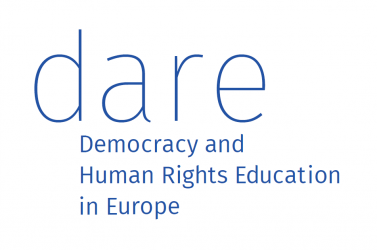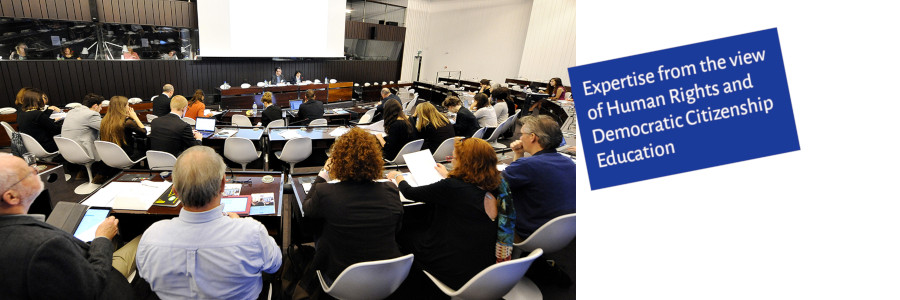The DARE network welcomes the consultation initiative launched by the Office of the United Nations High Commissioner for Human Rights on the third phase of the World Programme for Human Rights Education.
DARE and its 53 member organizations in Europe have accompanied the implementation of Phase one and two with active contributions from Civil Society Organizations. DARE network recommends the following target sectors and focus areas for the third phase of implementation.
Target Sectors for the 3rd PHASE of the WPHRE
DARE recommends to focus with the third phase of the program on 1) adult learners and adult learning providers and 2) Youth Organizations and NGO´s as providers of non-formal education.
Why?
Human Rights Education affects all members in societies. It relates to how every member of societies including their most most vulnerable groups interact. In order to live according to HR principles there needs to be broad opportunities for adult learners and young people to gain knowledge and experience by practical training and experiential learning of HR in practice. Non formal education is the most promising field when it comes to the question of changing behavior/habits and mindsets and creating sustainable learning outcomes.
If HR is so important that there is a World Program for it, then the UN should devote this program to the broad public of learners and not to restrict the access. It would be of a strong signal from level of the UN to address the 3rd phase of the program to the people and learners and not to restrict access to self- reproducing elite groups, with self reproducing teaching programs.
DARE has no doubts that HR requires know how from the side of governmental and state bodies including civil servants, formal and higher education. Nevertheless DARE sees a crucial point to concentrate on a broader approach, as the experience shows that the emancipatory power of HR is with the groups that need support to claim their rights.
Human Rights Education is the basic tool required to create a culture shift towards a society that understands, respect and advocates for human rights at local national and international levels, human rights education is especially needed in times of austerity where people need to be educated to adopt different and innovative ways to deal with the effects of the multiple crisis.
HRE is the advancement of lifelong learning which goes beyond the classroom learning into policy development, service provision and civil society; leading ultimately to a cultural shift in approaching equality and social justice and enhanced engagement with human rights, it is important to know that while we have rights we have responsibilities both at a constitutional and civil society level.
Focus Areas
The DARE network suggests as focus areas for the third Phase of the WPHRE antidiscrimination, migration and asylum issues, the development of citizenship skills and of key competencies.


